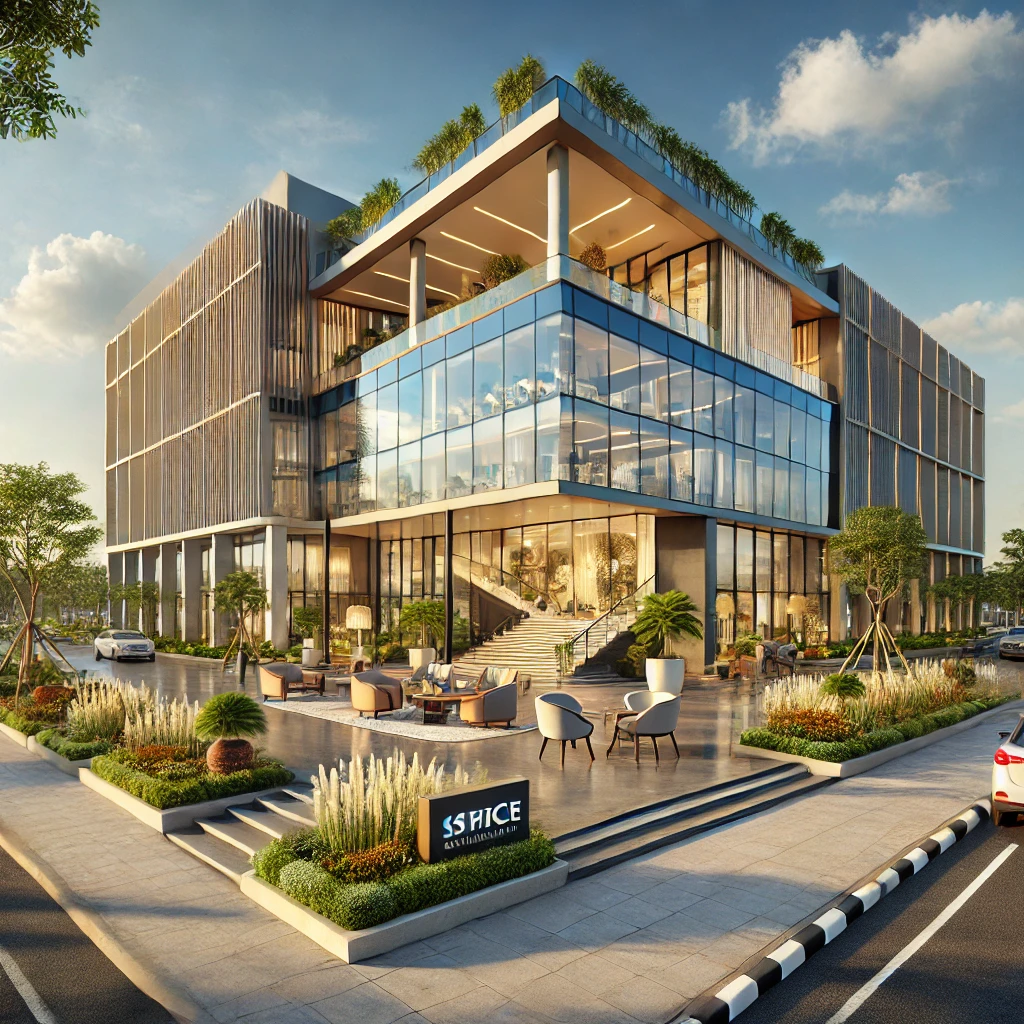Introduction
India's real estate sector has experienced significant growth over the last decade, transforming into one of the most lucrative markets in the country. With rapid urbanization, an increasing population, and a growing middle class, the demand for residential, commercial, and industrial properties is at an all-time high. This surge in demand has given rise to numerous real estate companies across the nation, each vying for a share of this booming market.
The Current State of Real Estate in India
The real estate sector in India is categorized into three main segments: residential, commercial, and retail. According to industry reports, the residential segment holds the largest share, driven by the need for affordable housing and the government's initiatives to promote homeownership.
Key Drivers of Growth
-
Urbanization: With more people migrating to cities in search of better employment and living conditions, the demand for housing has surged.
-
Government Initiatives: Schemes like the Pradhan Mantri Awas Yojana (PMAY) aim to provide affordable housing, further stimulating market growth.
-
Foreign Direct Investment (FDI): The liberalization of FDI norms has attracted foreign investors, bringing in substantial capital and expertise.
-
Technological Advancements: The rise of proptech companies is revolutionizing the sector by providing innovative solutions for property management, sales, and customer engagement.
Leading Real Estate Companies in India
Several real estate companies have established themselves as leaders in the Indian market. Here are a few notable names:
-
DLF Limited: One of India's largest and oldest real estate companies, DLF is known for its residential and commercial projects across major cities.
-
Oberoi Realty: Based in Mumbai, Oberoi Realty focuses on luxury residential properties and has a strong presence in the upscale market.
-
Godrej Properties: Part of the Godrej Group, this company is recognized for its sustainable development practices and innovative designs.
-
Prestige Group: Operating mainly in South India, Prestige Group has diversified into residential, commercial, and retail properties.
-
L&T Realty: A subsidiary of Larsen & Toubro, L&T Realty focuses on residential and commercial real estate, known for its quality construction and timely delivery.
Challenges Faced by Real Estate Companies
Despite the growth potential, real estate companies in India face several challenges:
-
Regulatory Hurdles: The complexity of land acquisition and various state regulations can delay project approvals.
-
Market Volatility: Economic fluctuations can impact demand and pricing, creating uncertainty for developers.
-
Financing Issues: Access to affordable finance remains a significant challenge, particularly for smaller developers.
-
Environmental Concerns: Companies must navigate increasing scrutiny regarding environmental sustainability and compliance with regulations.
Future Outlook
The future of real estate companies in India looks promising, driven by favorable demographics and economic growth. With the increasing adoption of technology, companies that leverage data analytics, virtual reality, and online platforms are likely to gain a competitive edge. Additionally, sustainable building practices are expected to become more mainstream, influencing future developments.
Conclusion
As India continues to evolve, real estate companies will play a crucial role in shaping its urban landscape. With the right strategies and innovations, these companies can navigate the challenges ahead and seize the opportunities presented by this dynamic market.
To buy RERA & DTCP Approved Gated Community Villa Open Plots in Andhra Pradesh & Telangana please contact:
For Sales : 8179712384
Mail : sales@openplots.net
